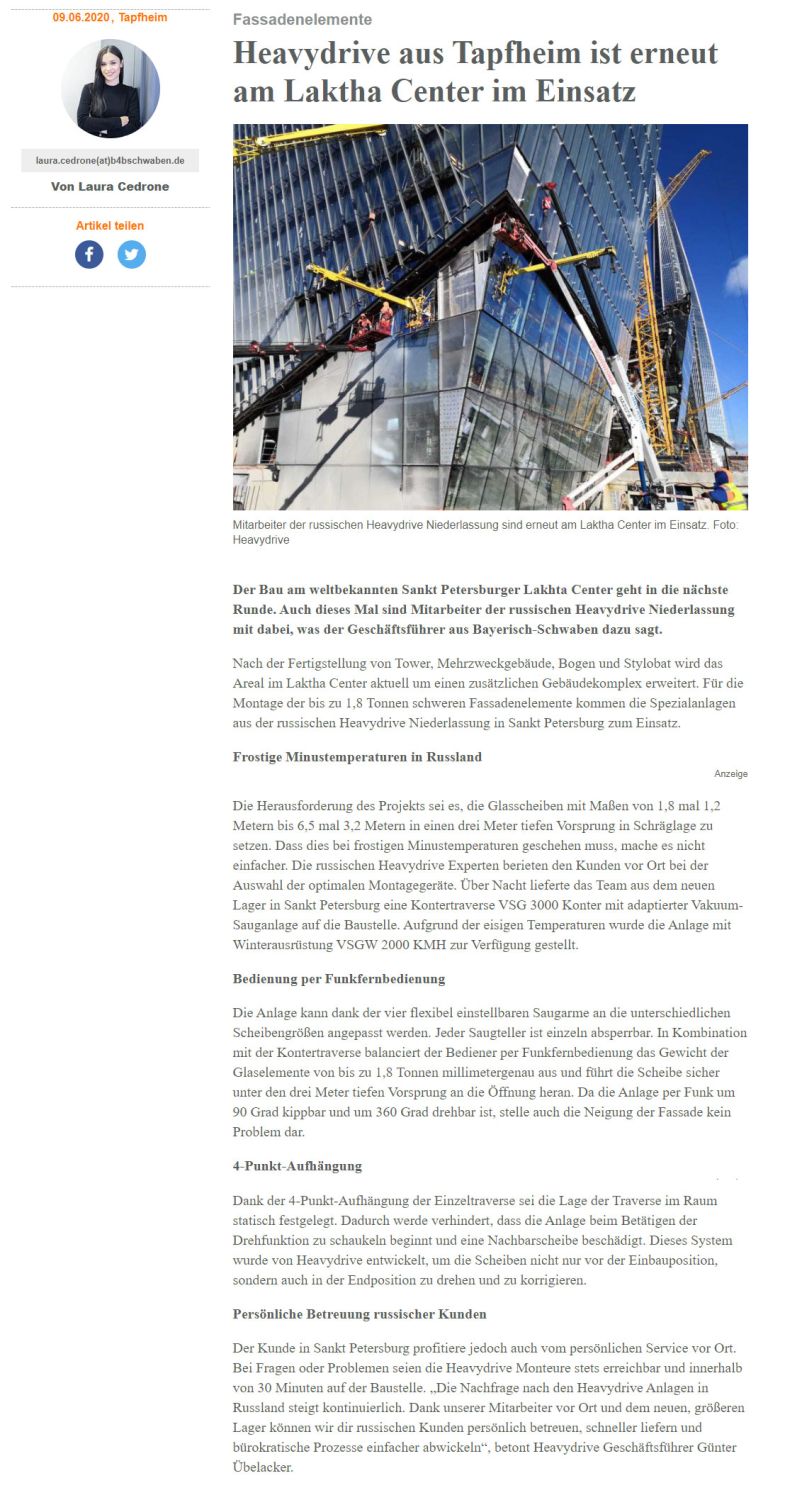Brexit: Gibraltar Talks Remain Stalled

Table of Contents
The Key Issues Blocking Progress in Gibraltar Brexit Negotiations
The Gibraltar Brexit negotiations are proving far more challenging than initially anticipated. Several key issues continue to hinder progress, creating a significant impasse between the UK, the EU, and Spain.
Border Control and Movement of People
This remains the most contentious issue in the Gibraltar Brexit talks. The EU insists on robust border controls to maintain the integrity of the Schengen Area and prevent illegal immigration. This directly impacts Gibraltar, which shares a land border with Spain. The UK, committed to protecting Gibraltar's unique relationship with Spain and the free movement of its residents, seeks a solution that minimizes disruption to daily life and economic activity. The challenge lies in finding a balance between security concerns and the practical needs of the Gibraltarian people.
- Differing interpretations of the existing Schengen Area agreement: The EU and UK have differing interpretations regarding the applicability of the Schengen Agreement to Gibraltar's border, leading to fundamental disagreements on the nature and extent of border controls.
- Concerns over potential delays and disruptions at the border: Strict border controls could lead to significant delays and disruptions, impacting cross-border trade, tourism, and the daily commute of many Gibraltarians who work in Spain. This is a key concern for the Gibraltarian economy.
- The need to balance security with economic interests: The core challenge is finding a system that effectively manages security concerns while minimizing the negative impact on the flow of people and goods, vital for the economic prosperity of Gibraltar.
Fishing Rights and Waters
Access to fishing waters around Gibraltar is another major obstacle. Spanish fishing vessels have historically operated in these waters, and the EU is pushing to maintain this access post-Brexit. The UK, representing Gibraltar's interests, asserts its right to manage its own resources within its territorial waters. This dispute highlights the broader challenges surrounding access to resources after Brexit.
- Negotiations over quotas and licensing arrangements: The talks are focused on establishing fair and sustainable quotas for fishing activity, alongside the licensing procedures for Spanish and Gibraltarian vessels. Reaching an agreement on these matters is proving difficult.
- The importance of fishing for Gibraltar's economy and local communities: Fishing plays a significant role in Gibraltar's economy and cultural heritage, providing employment and contributing to the local food supply. Restrictions on fishing activity could negatively impact the local community.
- Potential impact on the environment: Sustainable fishing practices are crucial for maintaining the health of marine ecosystems. The negotiations need to balance economic interests with the preservation of marine biodiversity.
Taxation and Sovereignty
Disagreements surrounding tax regulations and Gibraltar's sovereignty further complicate the negotiations. The EU is concerned about potential tax avoidance schemes that could undermine the level playing field within the single market. The UK, meanwhile, emphasizes Gibraltar's right to maintain its own fiscal system and its commitment to upholding the territory's self-governance.
- The potential for Gibraltar to become a tax haven: Concerns exist that Gibraltar’s tax system could be exploited for tax avoidance purposes, potentially harming fair competition within the EU's single market.
- The UK's commitment to upholding Gibraltar's self-governance: The UK government has repeatedly stated its commitment to defending Gibraltar's right to self-determination and its unique status.
- EU concerns about fair competition within the single market: The EU’s concerns regarding tax competition are central to its negotiating position, seeking to prevent any actions that could distort the single market.
Conclusion
The impasse in the Gibraltar Brexit talks underscores the intricate challenges of disentangling the UK from the EU, particularly concerning its overseas territories. The key issues of border control, fishing rights, and sovereignty require meticulous negotiation and compromise. Failure to reach a mutually acceptable agreement could have substantial ramifications for Gibraltar's economy, its relationship with both the UK and Spain, and its future within the evolving geopolitical landscape. To stay informed on the ongoing developments and implications of these critical Gibraltar Brexit talks, continue monitoring reputable news sources and expert analysis. Understanding the intricacies of Gibraltar's Brexit future is paramount to navigating the political complexities of the region. We will continue to update this article as the situation evolves.

Featured Posts
-
 Renowned Cinematographer And Golden Horse Awards Recipient Lin Tsan Ting Dies At 94
May 13, 2025
Renowned Cinematographer And Golden Horse Awards Recipient Lin Tsan Ting Dies At 94
May 13, 2025 -
 As Roma Calificare In Optimile Europa League Dupa Victoria Asupra Lui Fc Porto 3 2
May 13, 2025
As Roma Calificare In Optimile Europa League Dupa Victoria Asupra Lui Fc Porto 3 2
May 13, 2025 -
 Nmmc Launches Heatwave Advisory Aala Unhala Niyam Pala Campaign In Navi Mumbai
May 13, 2025
Nmmc Launches Heatwave Advisory Aala Unhala Niyam Pala Campaign In Navi Mumbai
May 13, 2025 -
 Bombendrohung An Braunschweiger Schule Details Zum Erneuten Einsatz
May 13, 2025
Bombendrohung An Braunschweiger Schule Details Zum Erneuten Einsatz
May 13, 2025 -
 Lywnardw Dy Kabryw W Qanwn Lyw Hl Antht Alqaedt
May 13, 2025
Lywnardw Dy Kabryw W Qanwn Lyw Hl Antht Alqaedt
May 13, 2025
Latest Posts
-
 How Gerard Butlers Movie Title Became A Netflix Phenomenon
May 13, 2025
How Gerard Butlers Movie Title Became A Netflix Phenomenon
May 13, 2025 -
 From Box Office Bomb To Netflix Gold The Rise Of Gerard Butlers Movie Title
May 13, 2025
From Box Office Bomb To Netflix Gold The Rise Of Gerard Butlers Movie Title
May 13, 2025 -
 8 Godini Priyatelstvo Dzherard Btlr I Negovoto Blgarsko Kuche
May 13, 2025
8 Godini Priyatelstvo Dzherard Btlr I Negovoto Blgarsko Kuche
May 13, 2025 -
 Gerard Butlers Unexpected Netflix Success From Disaster To Streaming Sensation
May 13, 2025
Gerard Butlers Unexpected Netflix Success From Disaster To Streaming Sensation
May 13, 2025 -
 Dzherard Btlr I Blgarskoto Mu Kuche 8 Godini Vyarnost
May 13, 2025
Dzherard Btlr I Blgarskoto Mu Kuche 8 Godini Vyarnost
May 13, 2025
